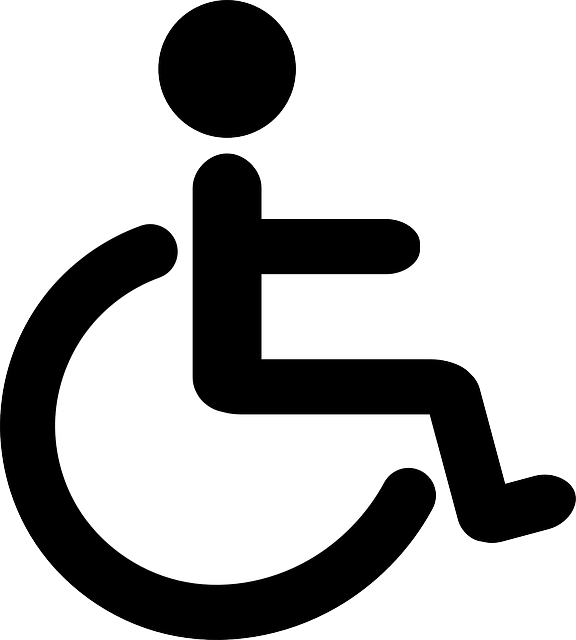Oregon offers a comprehensive Legal Commitment Support System, providing dedicated legal and mental health assistance for individuals facing crises. Through qualified professionals' evaluations and court-ordered procedures, the state balances individual rights and community safety. Accessing legal resources includes commitment attorneys and free/low-cost services from community organizations, ensuring expert guidance throughout Oregon's commitment process for mental health care.
Oregon offers a unique approach to legal commitment support, ensuring individuals with mental health challenges receive necessary aid. This comprehensive guide explores Oregon’s commitment laws and procedures, from understanding different types of commitments like involuntary commitment and conservatorship to navigating the state’s legal aid landscape. We delve into finding and accessing crucial Oregon legal resources, including state-provided organizations, private attorneys specializing in mental health law, and online hotlines for initial consultations. Get equipped with knowledge on how to navigate commitment attorney services and the legal assistance process effectively.
- Understanding Oregon's Legal Commitment Support System
- – Overview of Oregon's commitment laws and procedures
- – Types of commitments in Oregon (e.g., involuntary commitment, conservatorship)
Understanding Oregon's Legal Commitment Support System

Oregon’s Legal Commitment Support System is designed to assist individuals who are facing significant mental health challenges and may require a court-ordered commitment for their safety and well-being. This system offers a range of legal resources and support services tailored to meet the unique needs of those dealing with severe mental illness. By providing dedicated attorney resources and mental health legal help, Oregon ensures that citizens have access to crucial assistance during times of crisis.
For those seeking legal support in Oregon, understanding the commitment process and available resources is essential. Accessing commitment resources in Oregon involves connecting with qualified professionals who can guide individuals through the legal procedures. These resources cater to various needs, from initial assessments and court representation to ongoing support post-commitment, ensuring that every step of the process is navigated with compassion and expertise.
– Overview of Oregon's commitment laws and procedures

Oregon has established a comprehensive framework for legal commitment support, ensuring individuals with mental health challenges receive necessary assistance. The state’s commitment laws are designed to balance the rights of the individual while providing a safety net for the community. This process involves a detailed series of steps, beginning with assessment and evaluation by qualified professionals. If it is determined that an individual poses a danger to themselves or others, a petition can be filed in court, initiating the legal commitment procedure.
Finding legal support in Oregon for commitments is facilitated through various resources. Individuals can access mental health legal help from dedicated attorneys specializing in this area, offering expertise in navigating complex legal systems. There are also community-based organizations and legal aid societies that provide assistance, ensuring those in need have access to the right information and representation. These commitment attorney resources play a vital role in guiding clients through every stage of the process, upholding their rights and promoting positive outcomes.
– Types of commitments in Oregon (e.g., involuntary commitment, conservatorship)

In Oregon, individuals can access various legal commitment options tailored to their unique circumstances, especially regarding mental health concerns. The state provides two primary types of commitments: involuntary commitment and conservatorship. Involuntary commitment is initiated when a person exhibits signs of severe mental illness or addiction, posing a danger to themselves or others. This process involves a medical evaluation and a court hearing to determine the need for temporary treatment in a hospital or other secure facility. On the other hand, conservatorship is a legal arrangement where a court appoints an individual or entity to make personal and financial decisions on behalf of someone who cannot do so due to mental incapacity.
For those seeking Oregon legal resources commitment and mental health legal help, finding the right support is essential. Many individuals benefit from consulting with a commitment attorney who specializes in these matters. Legal professionals can guide clients through the complex process, ensuring their rights are protected. Accessing legal assistance commitments in Oregon is made easier with the availability of community-based organizations and legal aid societies that offer free or low-cost services to those who qualify. These resources are vital for navigating the legal system and securing appropriate care under the state’s commitment framework.
